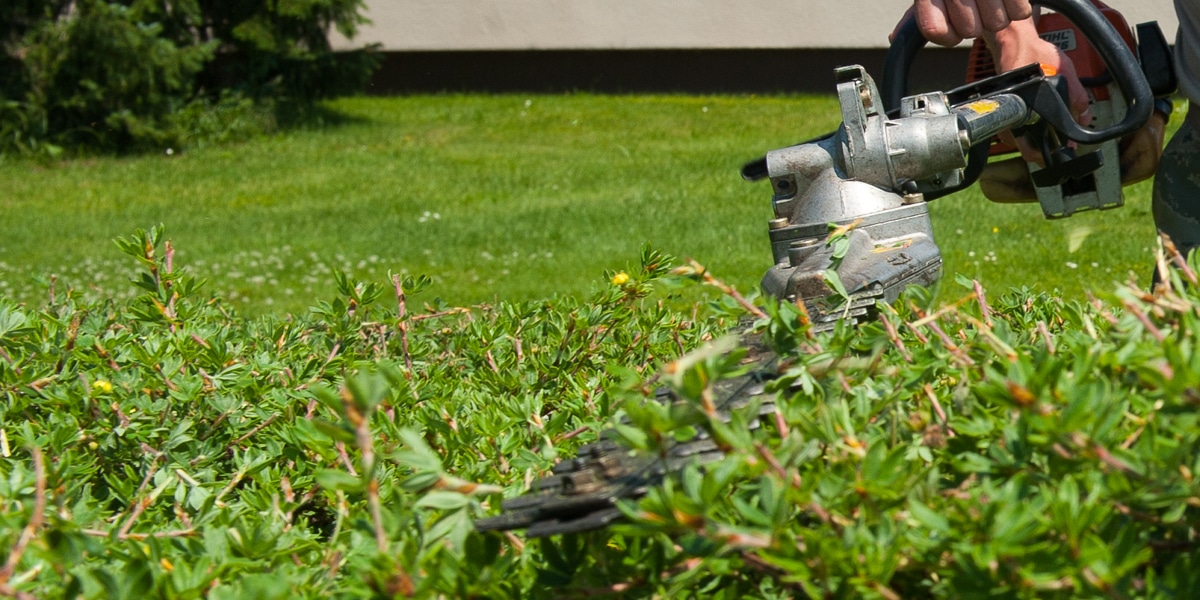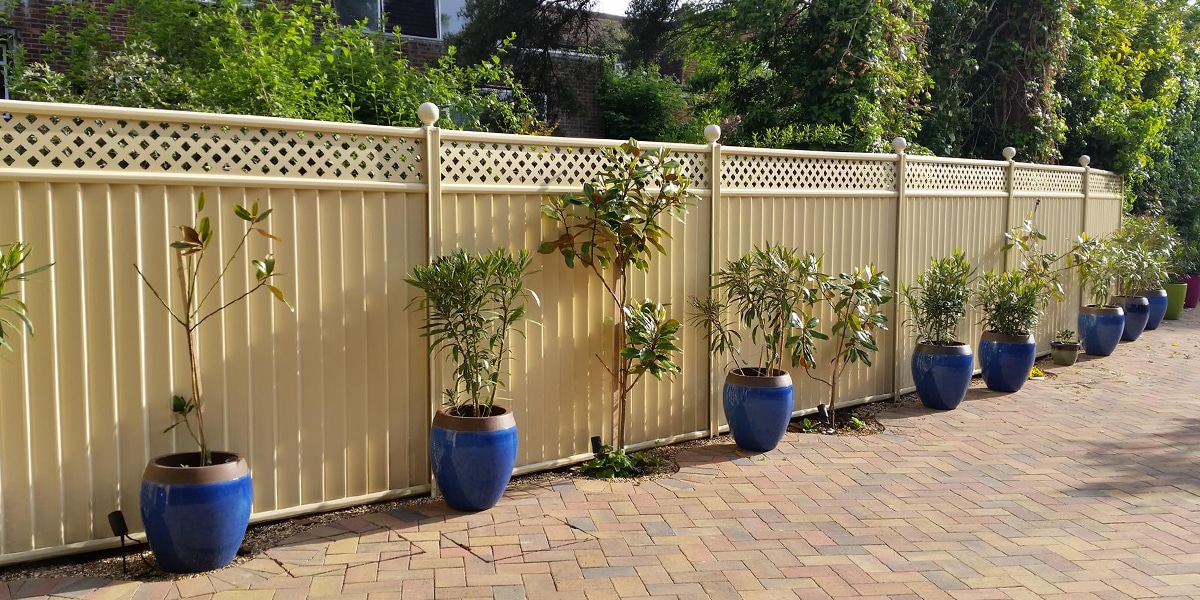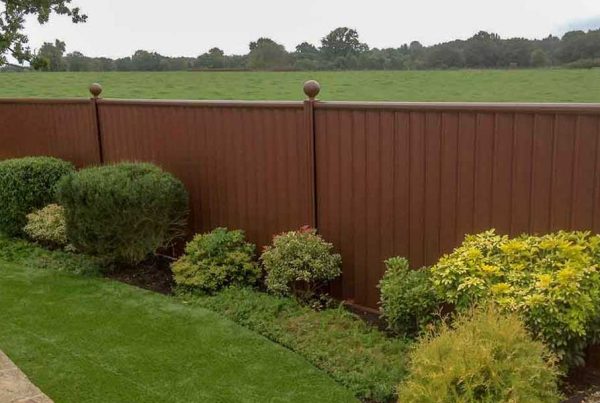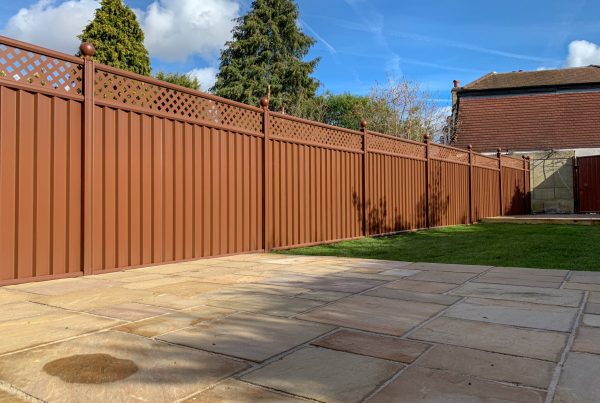The Problem With Hedges
 Hedges can inadvertently be the source of a great deal of tension between neighbours. Both options need to be kept to 2m, but hedging is less stringently controlled by law. Unfortunately, this can lead to an increase in ‘just this once’ thinking among gardeners who (often wrongly) assume their neighbours will be fine with blocked light, extra greenery and branches extending into their gardens. Extra problems come if your neighbours have allergies or dependents who use the garden. After all, hedges are less secure than fencing, and if they aren’t dense enough, can let pets and children through – and if one family has a toddler, and the other a pitbull, this can be a bad mix.
Hedges can inadvertently be the source of a great deal of tension between neighbours. Both options need to be kept to 2m, but hedging is less stringently controlled by law. Unfortunately, this can lead to an increase in ‘just this once’ thinking among gardeners who (often wrongly) assume their neighbours will be fine with blocked light, extra greenery and branches extending into their gardens. Extra problems come if your neighbours have allergies or dependents who use the garden. After all, hedges are less secure than fencing, and if they aren’t dense enough, can let pets and children through – and if one family has a toddler, and the other a pitbull, this can be a bad mix.
Hedges also require a great deal of maintenance – including clipping to watering, and if neglected, can look awful. Even if you clip your hedge carefully and regularly, hedges can become unmanageable quickly. Excess hedge growth can be a hassle for less mobile residents who are simply unable to keep on top of the situation. Plus, neighbours are perfectly entitled to prune growth that encroaches onto their land and may damage your plant if they are overzealous. Even worse, if your hedge accidentally damages their property, you’ll be liable to pay for the repairs.
Why Fences Make Good Neighbours

One of the great things about fences is how easy and quick (relatively) they are to put up; you don’t have to wait for a fence to grow or thicken. They also won’t grow or expand on their own, negating the possible root or branch damage that comes with an ever growing hedge. Once it is installed, fences are relatively low maintenance, less susceptible to fire damage and tougher. A carelessly flung cigarette is unlikely to damage even wooden fencing; even the toughest dog would find it impossible to dig out a properly installed metal fence.
Rather than pruning, feeding, watering and weeding, a high quality metal fence needs nothing more than an annual hose down.
Replacing a hedge with a fence can be a great way to reduce the maintenance involved in a sensible way, as well as providing a tougher, more durable boundary marker. If you need to remove a hedge, first check your deeds and make sure you have the legal right to do so. People can be very territorial, and simply ripping the hedge out is unlikely to go over well.
If you have sole ownership, then let your neighbours know, and have an amicable discussion about how they feel about the changes. If you have joint ownership, the negotiation will be more delicate. If you share ownership, or there is a boundary dispute, be prepared to pay for the fence yourself – if they are happy with the current hedge, they will be unlikely to want to pay for it to be replaced.
 If you’d like to find out more about our revolutionary fencing, please contact us.
If you’d like to find out more about our revolutionary fencing, please contact us.



